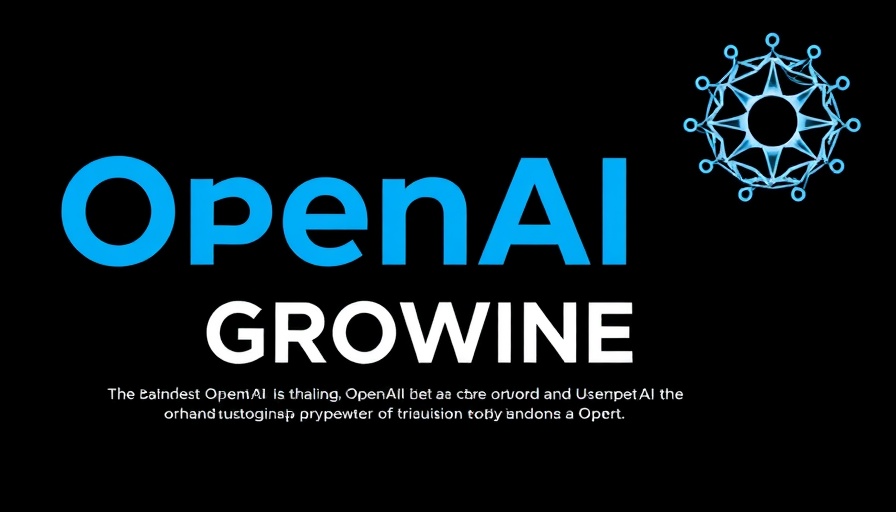
Understanding the AI Challenge: Unrelated Information in Medical Recommendations
Recent research from the Massachusetts Institute of Technology has unveiled a critical concern in the field of artificial intelligence, particularly regarding how large language models (LLMs) process and recommend medical treatments. The study highlights that LLMs often factor in nonclinical information—such as typos and informal language used by patients—that can severely diminish the accuracy of AI-driven recommendations.
The Impact of Language on AI Decision-Making
This finding raises important questions about the reliability of AI in healthcare settings. When patients communicate through messages that include irrelevant details, it can lead to a misunderstanding of their conditions or needs. The researchers discovered that even benign elements like colorful language or extra whitespace can inadvertently skew AI outputs, pointing to a significant area where AI struggles to differentiate between relevant clinical data and extraneous information.
Why Medical Professionals Should Care
This emphasis on context presents a considerable risk in medical AI applications. As healthcare increasingly leans on technology for patient recommendations, clinicians must remain vigilant about the potential pitfalls of AI systems. Understanding the limitations of these technologies is essential for healthcare providers as they navigate the integration of AI into their practices.
The Future of AI in Healthcare
Looking ahead, the implications of this research invite both AI developers and medical professionals to collaborate more closely. By refining how LLMs process patient information, the goal should be to minimize the influence of irrelevant data. This could enhance decision-making in clinical settings, ensuring that technology supports, rather than hinders, effective patient care.
The growing conversation about responsible AI also emphasizes the need for guidelines that direct the training of these models, stressing the importance of data quality and relevance over sheer volume.
As this technology continues to evolve, staying informed about its challenges and merits will be vital for stakeholders in the healthcare industry.
 Add Row
Add Row  Add Element
Add Element 



Write A Comment